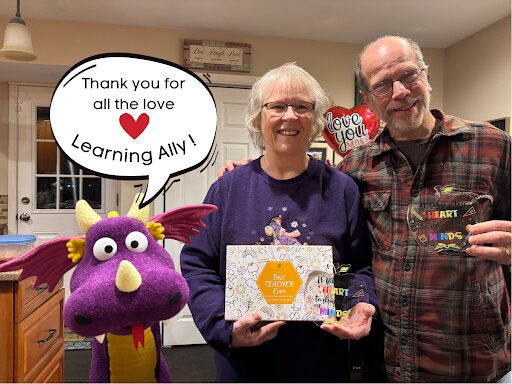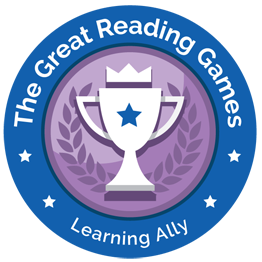As a nonprofit with more than 75 years of experience supporting struggling readers, including students with dyslexia, we are proud to present the 10th Spotlight on Dyslexia (SPOD) virtual conference on June 4-5, 2025.
Categories: resourceLearning Ally Blog: Access and Achievement
Now more than ever, people with learning and visual disabilities are flourishing in the classroom, launching productive careers and becoming assets in their communities. This blog spotlights remarkable individuals who demonstrate that having a visual or print disability is no barrier to educational success.
Reading is the foundation for success in all academic areas, and when students struggle with reading, it has a profound impact on their entire educational journey.
Categories: resourceWhen we restrict content for struggling readers due to low decoding ability, we fail to consider their personal and cultural interests, as well as their academic potential. Being singled out from a rich reading experience impacts not only a child’s learning potential, but often their social and emotional psyche, leaving a feeling of inferiority that[...]
Categories: resourceIt takes big hearts and lots of love to run a school the week of Valentine’s Day. Little ones with sticky fingers, kids secretly swapping valentines in the hallway, high schoolers navigating Galentines and first loves, and behind all the buzz and excitement are strong teachers; smiling, supporting, and teaching through it all.
Categories: resourceIn today's fast-paced educational landscape, fostering a love for reading among students can be challenging, especially for those who struggle with literacy, including students with dyslexia. At Learning Ally, we believe every student deserves the chance to be seen as a reader, and our Great Reading Games initiative is designed to motivate and celebrate learners[...]
Categories: resource



